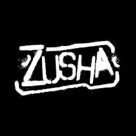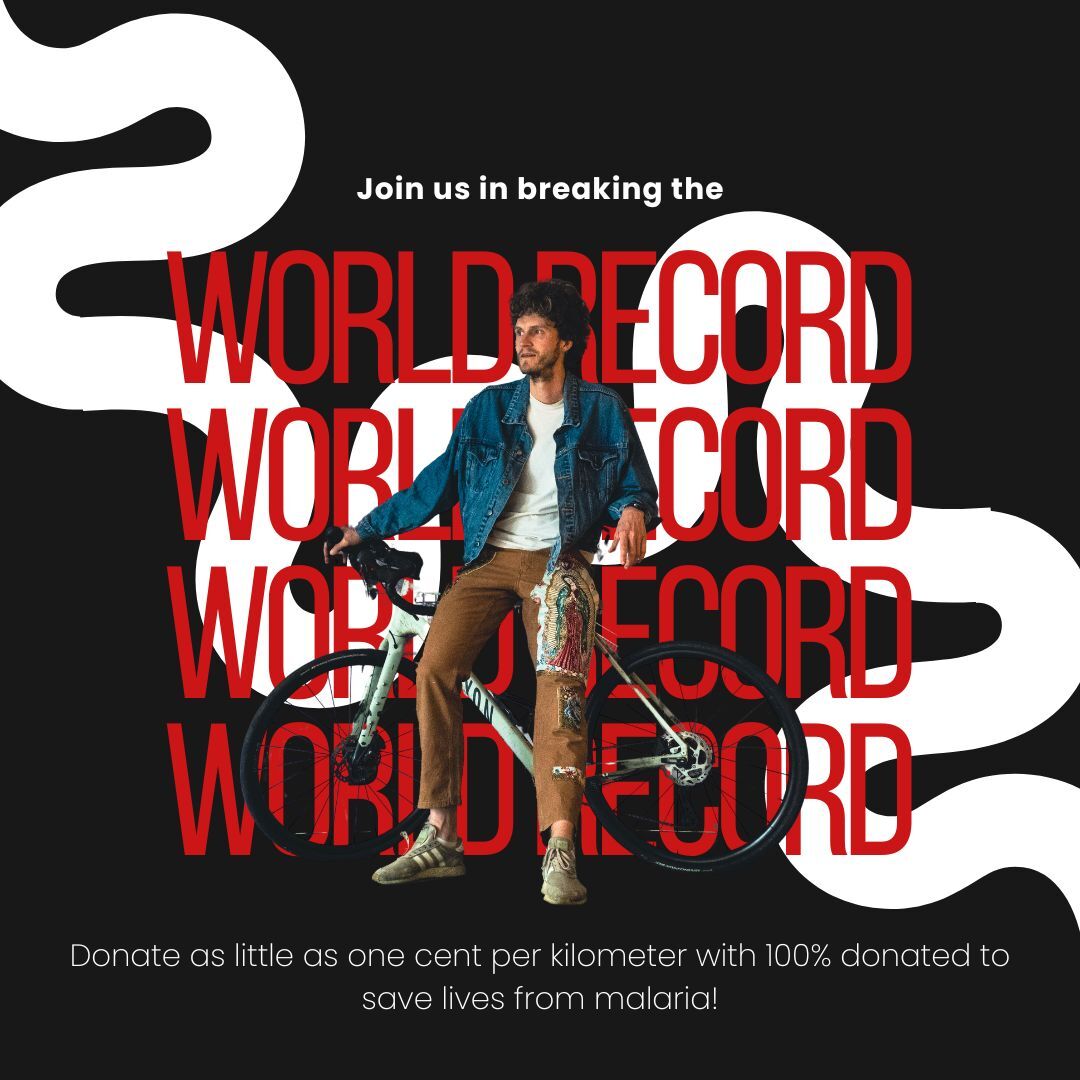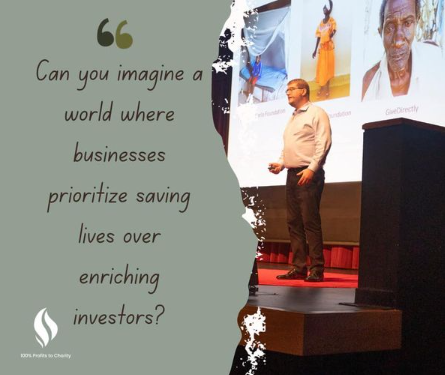Summary
The Life You Can Save has recommended Zusha! as a Best Charity since 2018. We continue to be impressed with their research-based work to reduce vehicle accidents and fatalities in high mortality areas in Africa, particularly Kenya. However, at this time, The Life You Can Save does not have enough information about Zusha!’s future programming to recommend them as a Best Charity, and we have decided to remove them from our Best Charities list.
We hope that the Zusha! program can realize its ambition to increase road safety on the African continent, and we appreciate Georgetown University’s support of Professor Billy Jack and James Habyarimana as they co-founded and developed this important work.

Our support of Zusha! to date
Since 2018 The Life You Can Save has helped raise US$207,919 for Zusha!
- 2018: $1,135
- 2019: $11,857
- 2020: $48,458
- 2021: $103,731
- 2022: $42,738
What’s next
We look forward to continuing to review updates from Zusha! on their future work. While Zusha will no longer be featured on our Best Charities page, we still believe that the intervention has the potential to be highly effective. Should you wish to support Zusha!, please get in touch with us at info@thelifeyoucansave.org.
Our understanding of Zusha!
We believe Zusha! has been effective in preventing collisions in Kenya:
- Road accidents are a leading cause of death in Africa. Zusha!’s evidence has found that its intervention has effectively prevented accidents in Kenya via a simple campaign of putting stickers in small public transport buses. The stickers remind passengers to tell drivers to drive safely.
- Two randomized controlled trials (RCTs) in 2015 and 2011 demonstrated clear reductions in accidents as a result of Zusha!’s awareness campaign.
- We believe it is reasonable to expect donations to Zusha!’s projects in both Kenya and Nigeria would continue to help reduce and prevent fatal collisions.
- We also understand that Zusha has gained valuable insight from additional randomized controlled trials (RCT) in Uganda and Tanzania, and that these lessons learned have guided Zusha!’s recent expansion into Nigeria, which importantly shares key characteristics (transport logistics and less language diversity) with Kenya.
-
Background on The Life You Can Save’s recommendation of Zusha!
In 2018, we selected Zusha based on GiveWell’s review and assessment of Zusha! as a standout charity. In October 2021, GiveWell discontinued the “standout charity” designation. Around the same time, The Life You Can Save established a small in-house charity evaluation team and established a new charity evaluation framework that allows us to both continue to evaluate our existing Best Charities and widen our recommendations to include new charities and cause areas. This ongoing due diligence and evaluation process is designed to provide donors and supporters with confidence in the impact of their giving.
Our 2022 evaluation and review process did not identify enough evidence supporting the strength of Zusha!’s future program and implementation to continue our recommendation.
An update on Zusha!’s work
The Zusha! road safety project continues to operate at scale nationwide in Kenya, and is currently undergoing a randomized controlled trial (RCT) in Nigeria conducted by researchers at Georgetown University.
Kenya
In 2021, program activities were suspended due to the ongoing risks of the COVID-19 pandemic. In early 2022, 37 field staffers delivered new Zusha! stickers to 34,179 public matatus and buses across 82 towns nationwide — a considerable expansion from the previous 2019 sticker distribution campaign, which distributed stickers to just over 29,000 vehicles in 36 towns.
Zusha! continues to work closely with the National Transport and Safety Authority (NTSA) and the Matatus Owners Association (MOA). Both organizations support the Zusha! program and facilitate operations in bus parks around the country.

Nigeria
In partnership with GreenLight Initiative, a local non-profit road safety organization, Georgetown University has launched a pilot program in Nigeria, designed as a randomized control trial (RCT).

In Nigeria, the program will be called “Talk Oo!”, which means “Speak up!” in the local Pidgin language. To ensure that the program can have the most impact for all passengers, the stickers will be produced in the three most common languages in Nigeria (English, Pidgin English, and Igbo) and distributed geographically.
Georgetown University and GreenLight Initiative have partnered with Peace Mass Transit, a local bus company, to pilot the Talk Oo! project with its fleet of nearly 3,000 vehicles. The pilot started in November 2022, and vehicles and accident data will be tracked over the next year to assess the impact of the stickers.
Read more:



